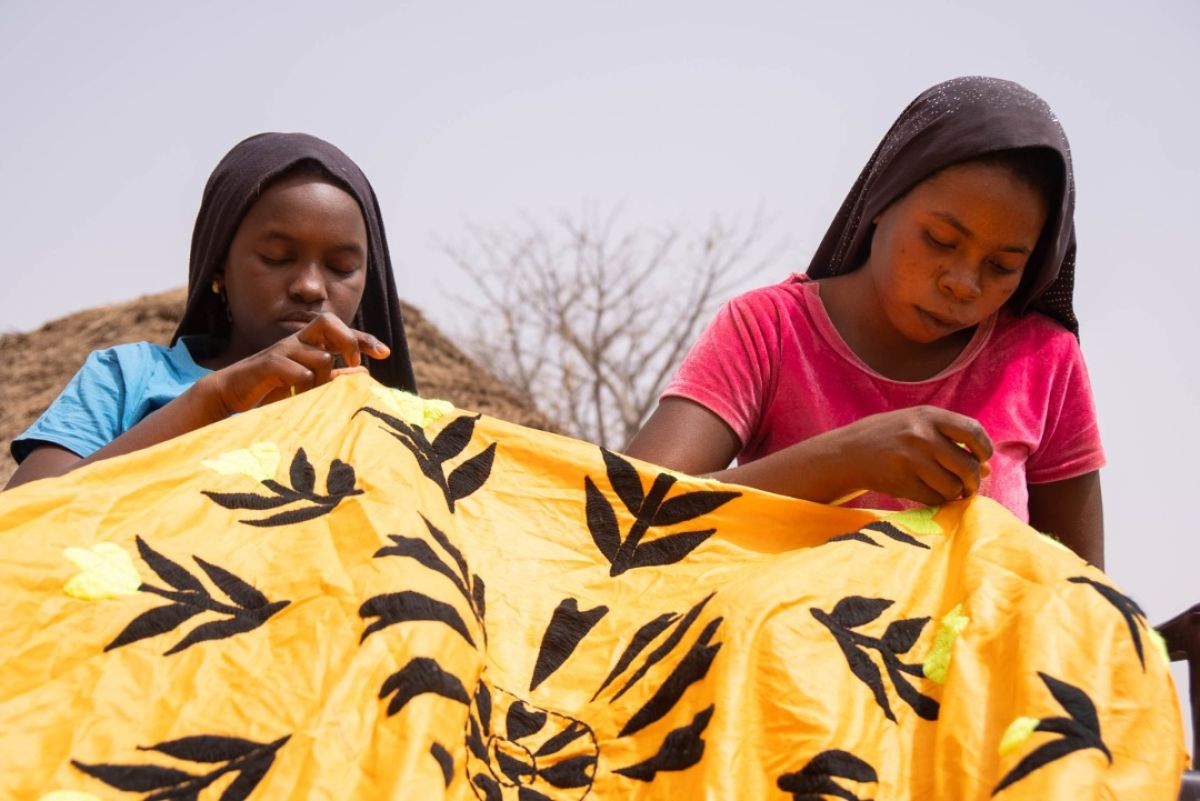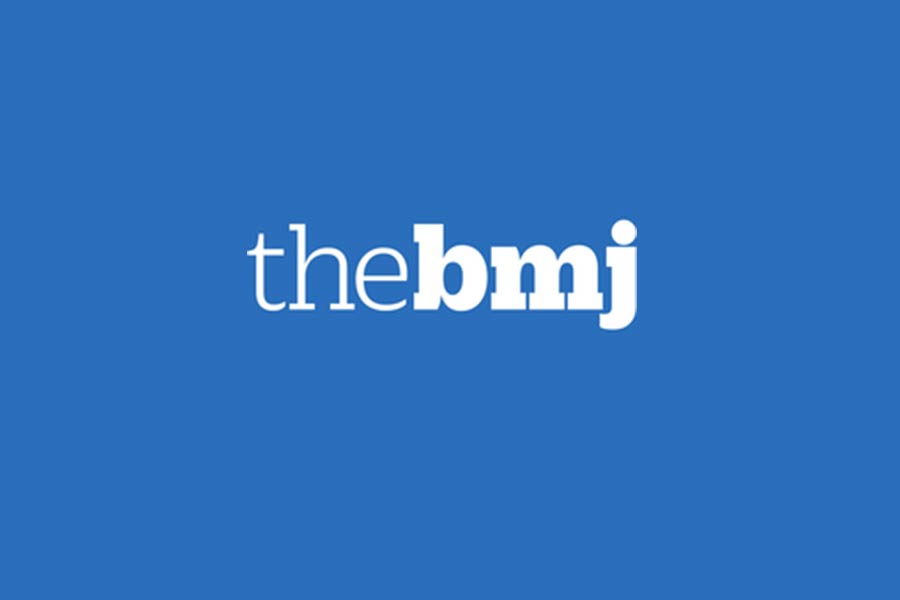
Collaborative project on gender transformative approaches to improve sexual, reproductive and maternal health in Africa launched
6 May 2022
Conflicts of interest are harming maternal and child health: time for scientific journals to end relationships with manufacturers of breast-milk substitutes
6 June 2022
What Is COVID-19 Teaching Us About Community Health Systems? A Reflection From a Rapid Community-Led Mutual Aid Response in Cape Town, South Africa
The coronavirus disease 2019 (COVID-19) pandemic has exposed the wide gaps in South Africa’s formal social safety net, with the country’s high levels of inequality, unemployment and poor public infrastructure combining to produce devastating consequences for a vast majority in the country living through lockdown. In Cape Town, a movement of self-organising, neighbourhood-level community action networks (CANs) has contributed significantly to the community-based response to COVID-19 and the ensuing epidemiological and social challenges it has wrought. This article describes and explains the organising principles that inform this community response, with the view to reflect on the possibilities and limits of such movements as they interface with the state and its top-down ways of working, often producing contradictions and complexities. This presents an opportunity for recognising and understanding the power of informal networks and collective action in community health systems in times of unprecedented crisis, and brings into focus the importance of finding ways to engage with the state and its formal health system response that do not jeopardise this potential.

